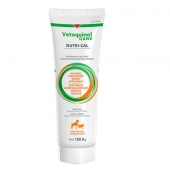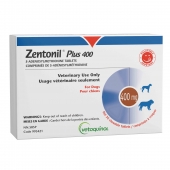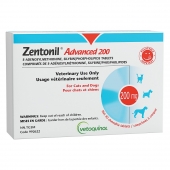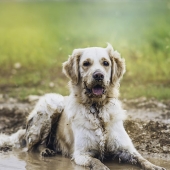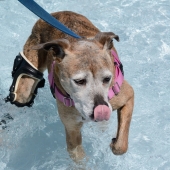Every visit to the dentist ends with the same advice: brushing your teeth every day is important. This recommendation also applies to dogs and cats, for whom insufficient dental care can lead to bad breath, cavities and eventually, periodontal disease and further complications. Since your pet can’t brush their teeth on their own, here’s what you should know to help them stay healthy.
More than just a toothache…
Periodontal disease is a widespread medical condition: over 80% of dogs and cats two years and older suffer from it. In addition to bad breath, it causes intense pain, which may not be necessarily obvious to the pet owner. In dogs and cats, two thirds of every tooth is below the gum line, making it very difficult to spot any hidden damage. As the disease advances, your pet may experience difficulty chewing hard food, may drool excessively and will grow vulnerable to chronic infection, which can reduce their life expectancy.
How periodontal disease evolves
Within hours of eating food, bacteria inside your pet’s mouth mix with saliva and sugar to create plaque. If not removed through daily brushing, plaque mineralizes and produces a hard, porous material called calculus. While not damaging in itself, this coating creates the perfect environment for bacteria to proliferate.
Over time, plaque will expand until bacteria can reach the gums, causing an inflammatory reaction called gingivitis. If left unchecked, red and swollen gums will eventually start to bleed, opening the way for bacteria to enter the bloodstream and affect other organs, such as the kidneys or the heart valves.
As calculus accumulates and gingivitis worsens, gums recede and cause the teeth to become loose until they must be removed. This process may take years during which your animal will suffer needlessly, because their condition may not be obvious.
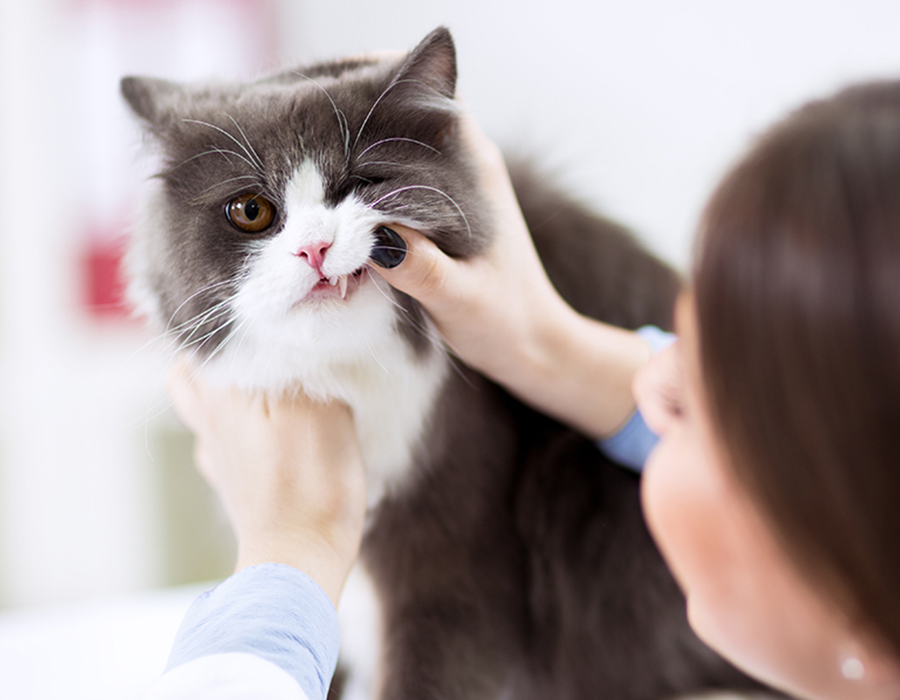
Treating periodontal disease
Prior to the development of gingivitis, it’s still possible to reverse the damage through dental care provided by your veterinarian, which typically involves scaling and polishing the teeth and cleaning below the gumline. Once teeth lose more than 50% of their support, it’s too late: surgery becomes necessary to extract them entirely. This is a serious procedure that requires general anaesthesia and can be quite costly.
Preventing periodontal disease through daily dental care
For cats and dogs, brushing teeth daily is the best way to prevent plaque and further complications, as well as avoid expensive emergency dental care bills. Make sure to learn the proper technique for dogs or for cats, and introduce the habit when the animal is as young as possible. In addition, specially designed oral care dry pet food is formulated in a way that helps prevent the formation of plaque and simulates a tooth-brushing effect through chewing.

